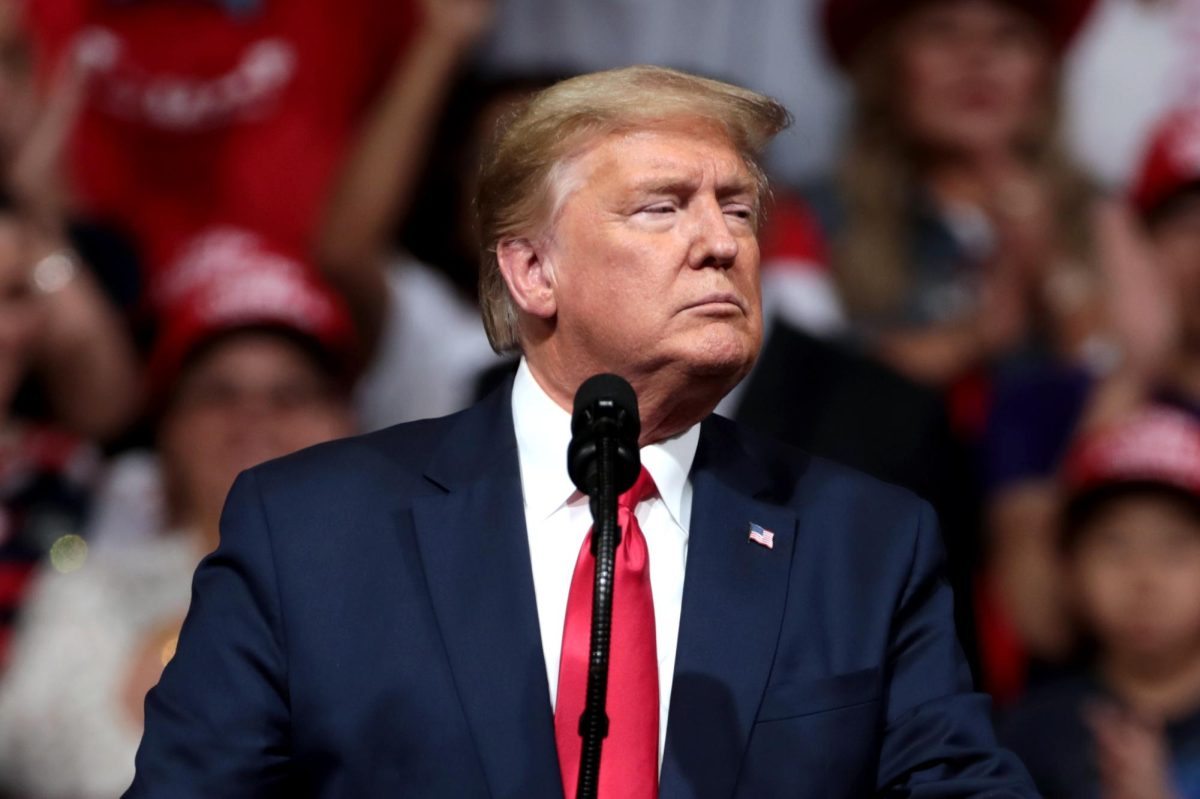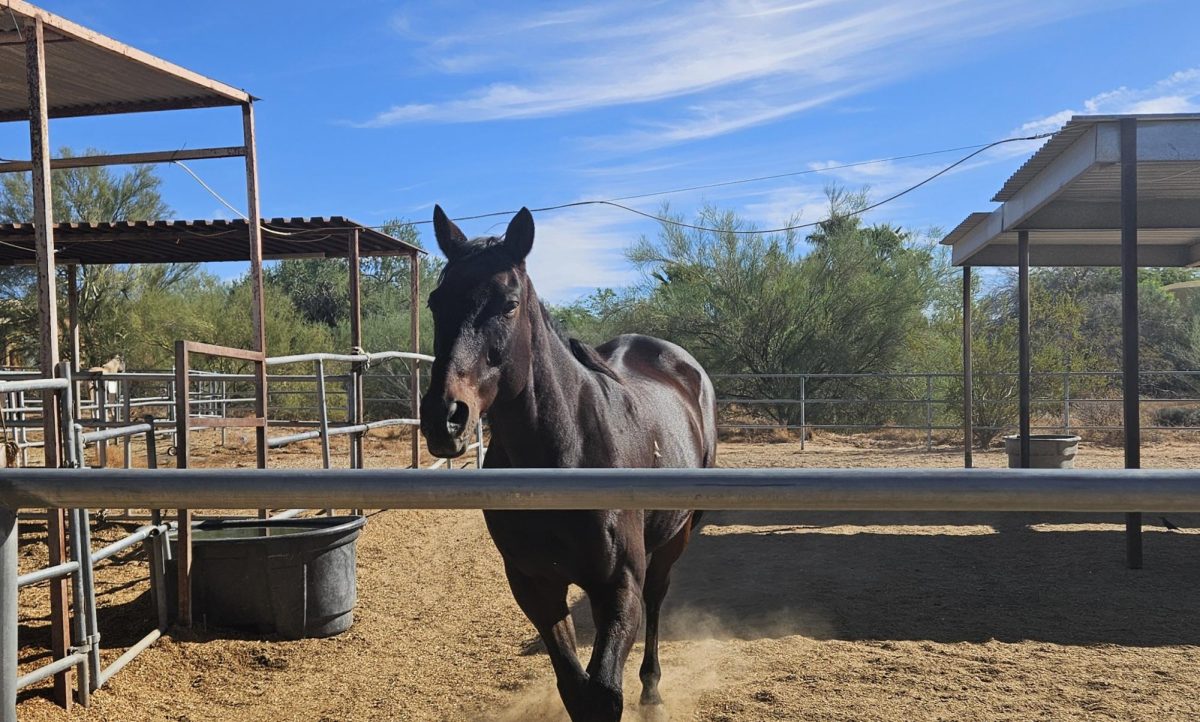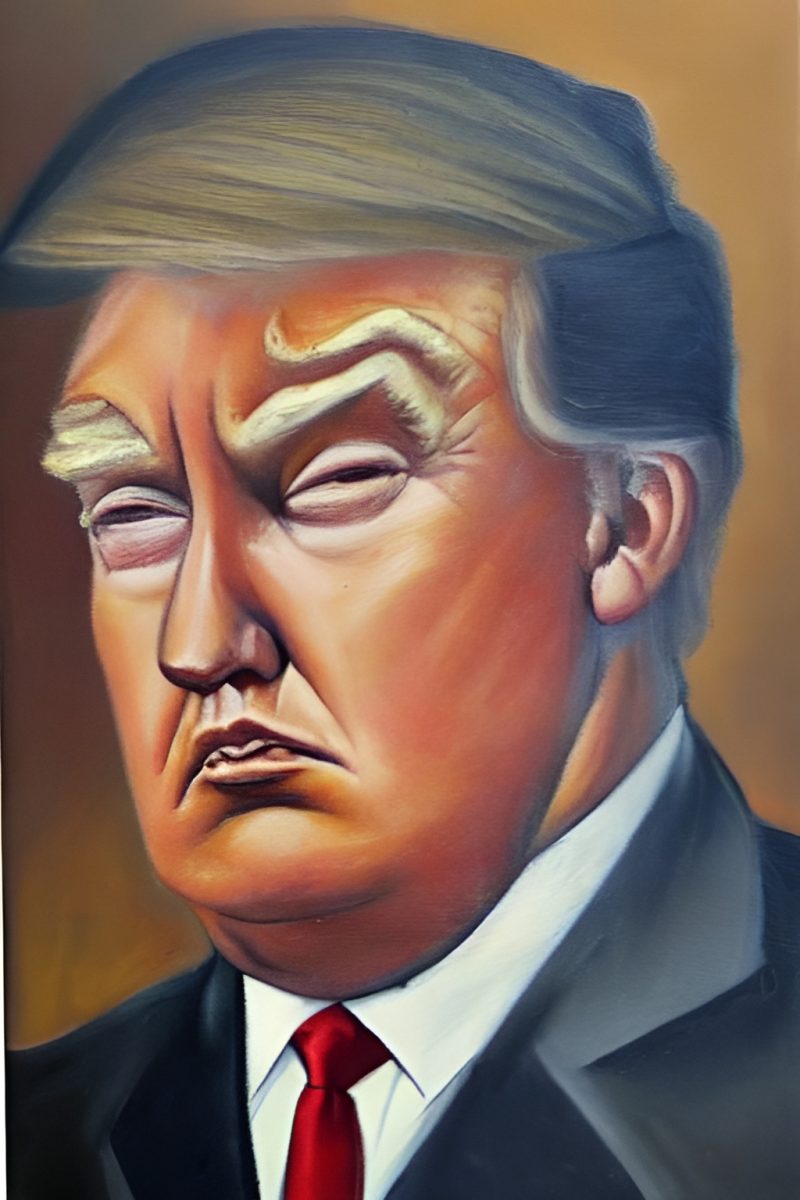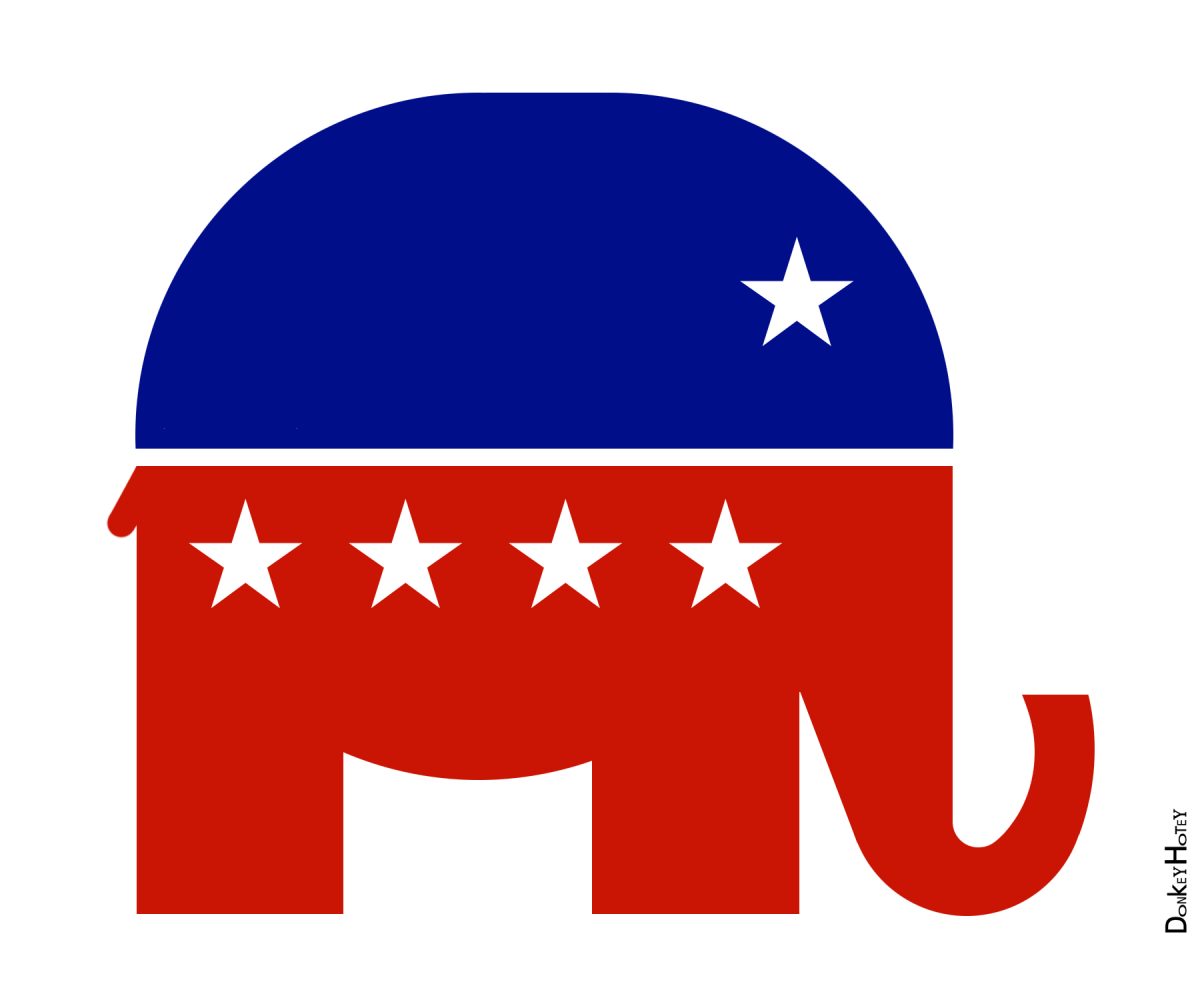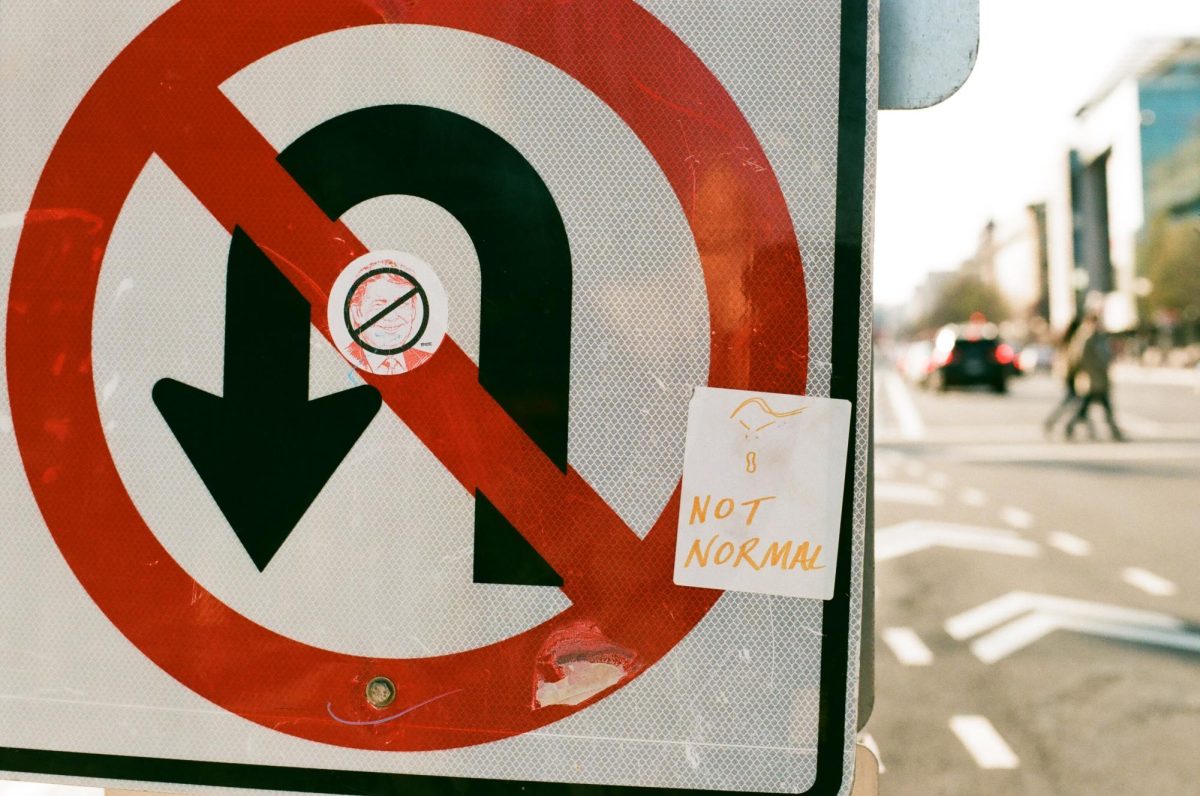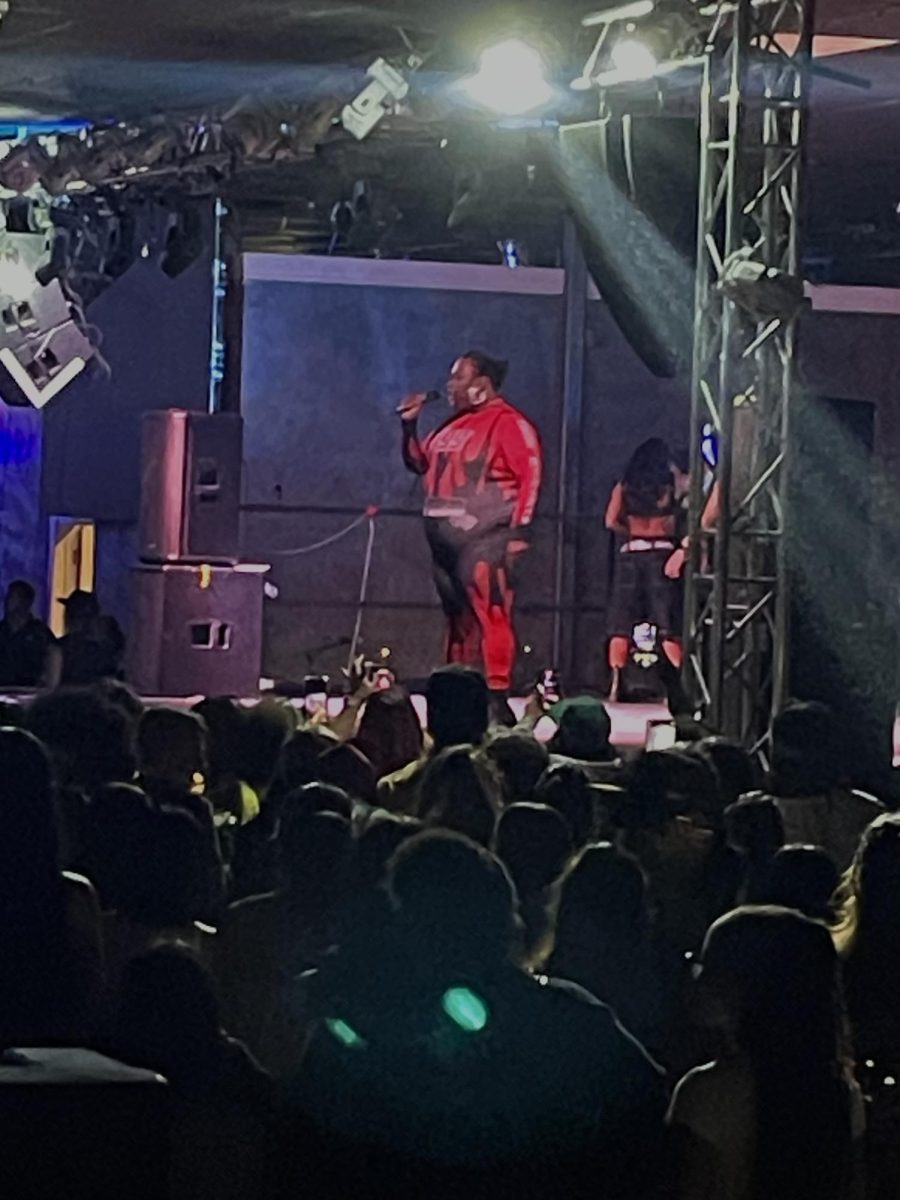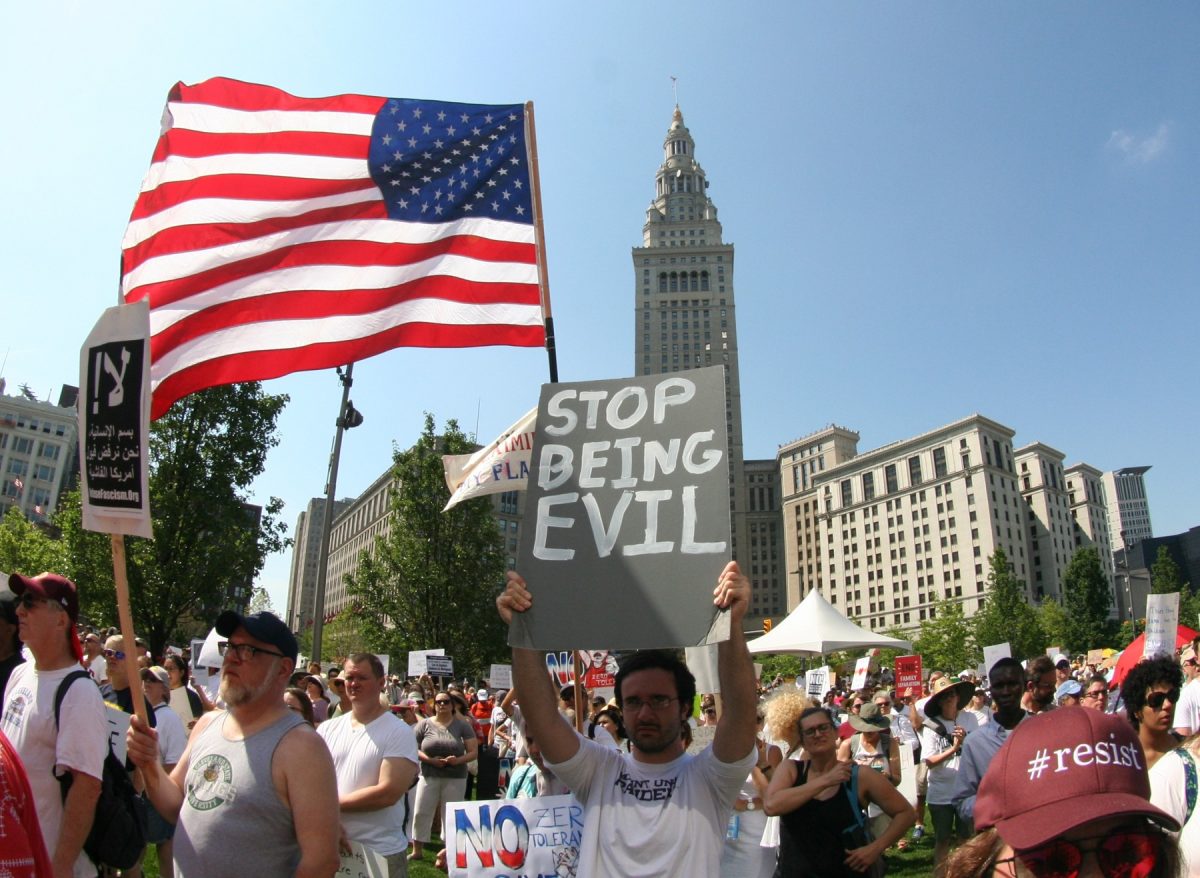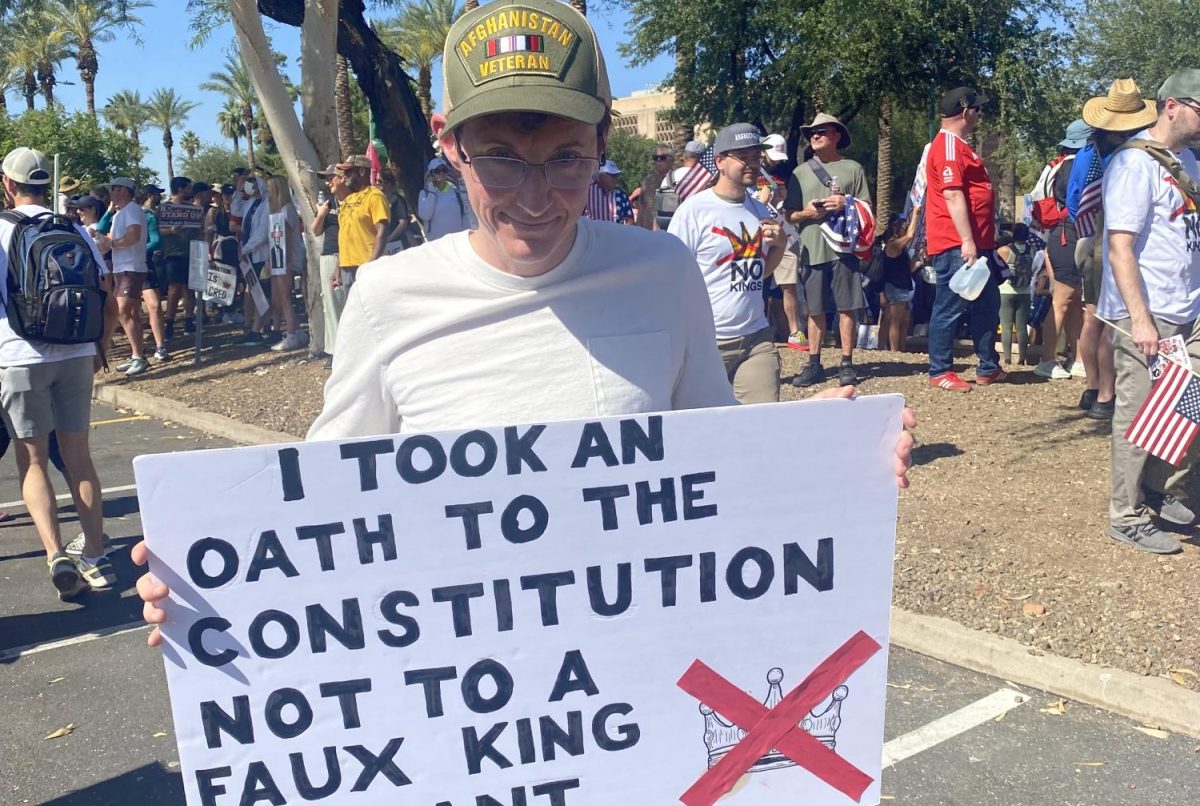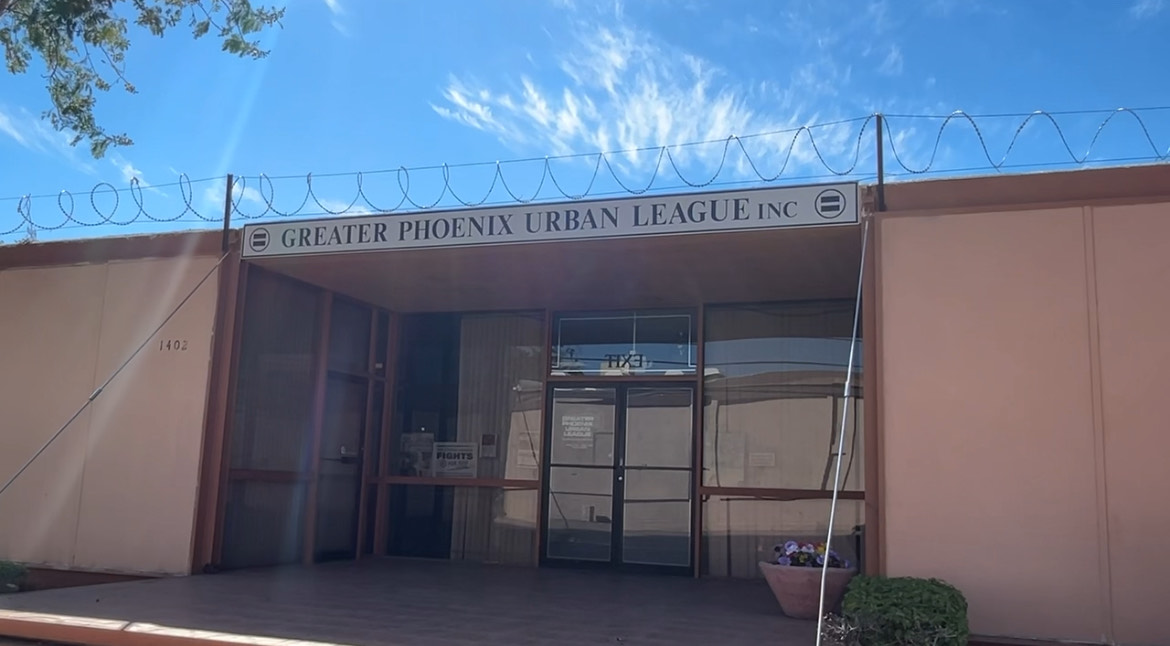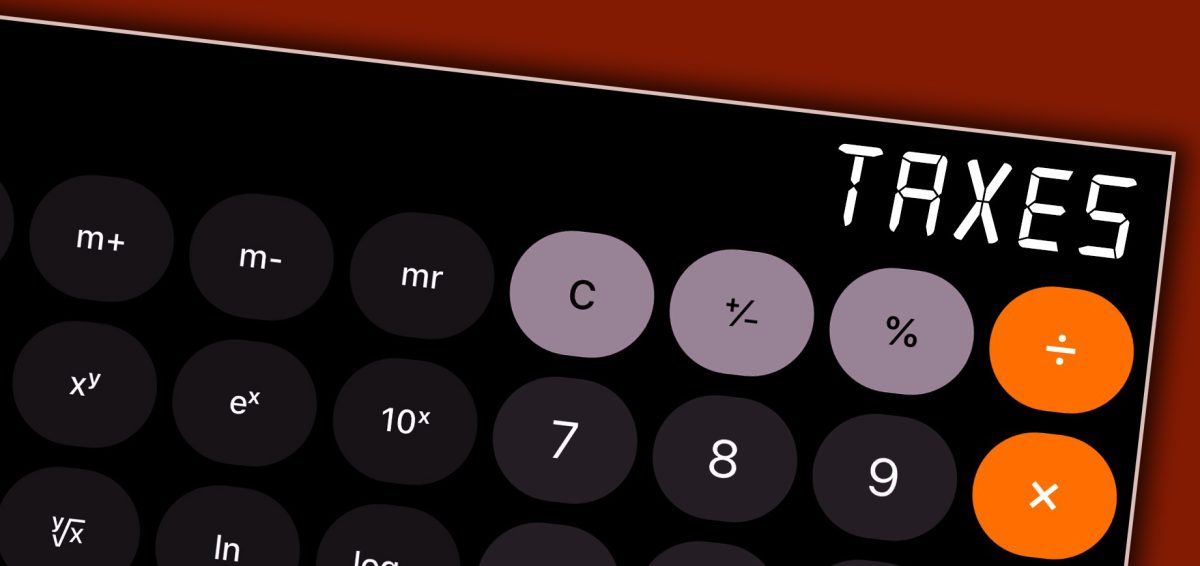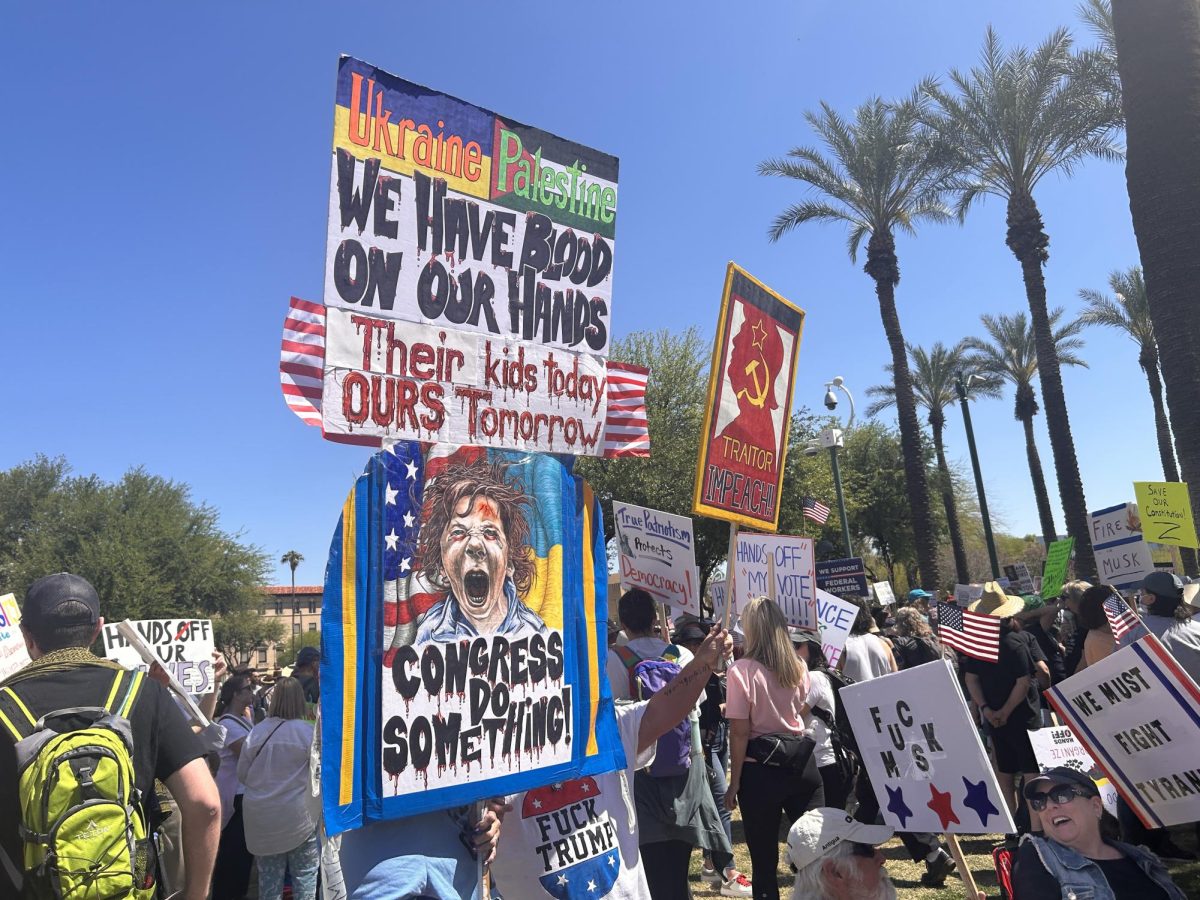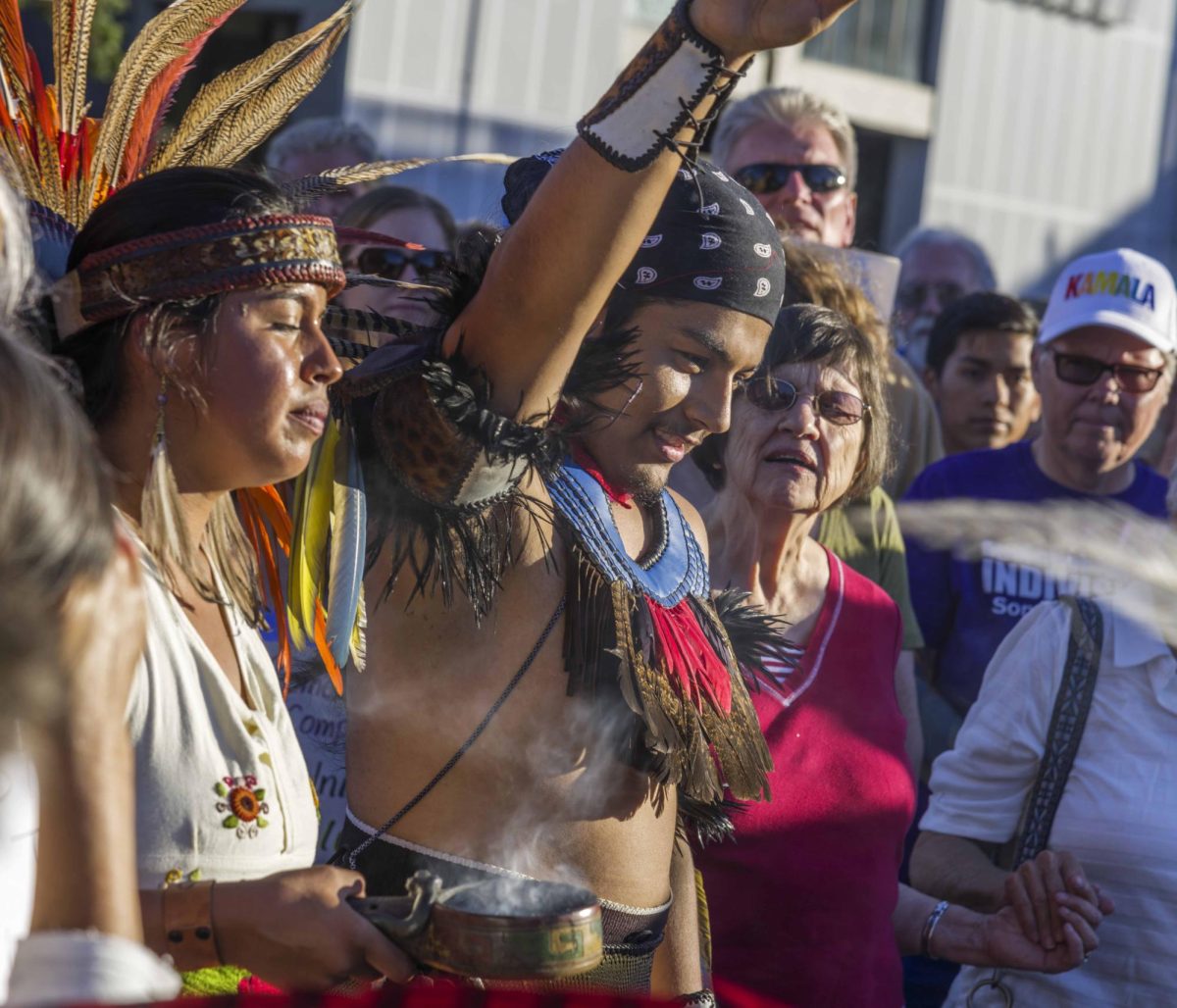The short answer regarding immunity protection is unclear.
Specific protections Trump may have for certain acts he orders or crimes he may commit if he were to return to the White House is ambiguous at best.
“Trump will undoubtedly test these new powers if elected—but to what extent? That’s anyone’s guess,” says long standing former Arizona state senator who asked to withhold name over fear of personal threats.
The question is lingering in the minds of many Arizona voters that spoke with Northeast Valley News and some are downright fearful of another Donald Trump presidency.
Former White House communications director, Alyssa Farah Griffin reportedly said that Donald Trump repeatedly mused about executing people at several meetings while she worked for him during his presidency. The staffer made the claim during a podcast recording on Mediate the claim by Griffin adds to concerns by Arizonans that Trump in the Oval Office could be a means to retribution and punishment for his political enemies.
The truth is, no one knows for certain what kind of power would Trump have in the White House in large part because certain acts promised by the former president have not yet been tested.
But Valley voters spoke of Trump’s well reported and unbridled words of retaliation and violence if not reelected as well as some unhinged innuendo’s and promised acts that he has pledged to follow through with if the vote doesn’t go his way and even some orders if he is reelected.
The ambiguity of the ruling by the conservative Supreme Court majority on Monday remains unsettling in large part because the scope of the decision will protect former President Donald Trump from criminal prosecution while raising questions about future actions of Trump that may go unchecked.
No one knows.
The recent ruling not only limits how Trump can be prosecuted for his actions on Jan. 6, 2021, but it further diminishes the special counsel’s case by restricting what presidential actions can even be considered evidence in a prosecution.
So is the President of the United States above the law?
The immunity ruling brings that question to the forefront and there are few clear answers with regard to any future lawlessness, criminal conduct or abuse of power that may be beyond the scope of prosecutors and courts—including the somewhat extreme—but terrifying—question of whether, hypothetically, Trump could order the assassination of his political opponents.
“The court gives former President Trump all the immunity he asked for and more,” Justice Sonia Sotomayor wrote in a blistering dissent that said the president can now use the office for “evil ends.”
In Monday’s decision, the high court determined presidents have immunity for core official actions they take while in office; while for all other official acts presidents are “at least presumptively” immune.
Justices Elena Kagan, Ketanji Brown Jackson and Justice Sonia Sotomayor wrote in dissent of the decision by the majority of conservative justices that the decision “reshapes the institution of the presidency” by insulating presidents from criminal liability and accused the conservative majority of “reshaping the institution of the presidency.”
“It makes a mockery of the principle, foundational to our Constitution and system of government, that no man is above the law,” the three liberal justices said.
“The majority today endorses an expansive vision of presidential immunity that was never recognized by the Founders, any sitting president, the Executive Branch, or even President Trump’s lawyers, until now,” Sotomayor wrote. “Settled understandings of the Constitution are of little use to the majority in this case, and so it ignores them.”
“These are broad and possibly dangerous protections for a sitting president,” said Arizona tax attorney, Joshua Prine.


